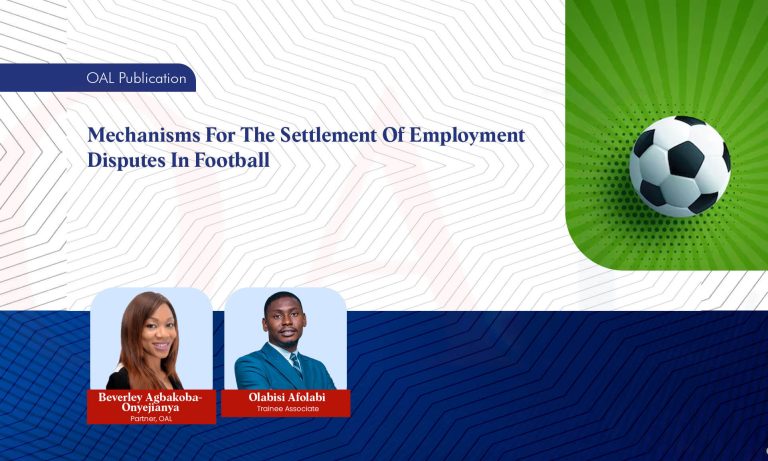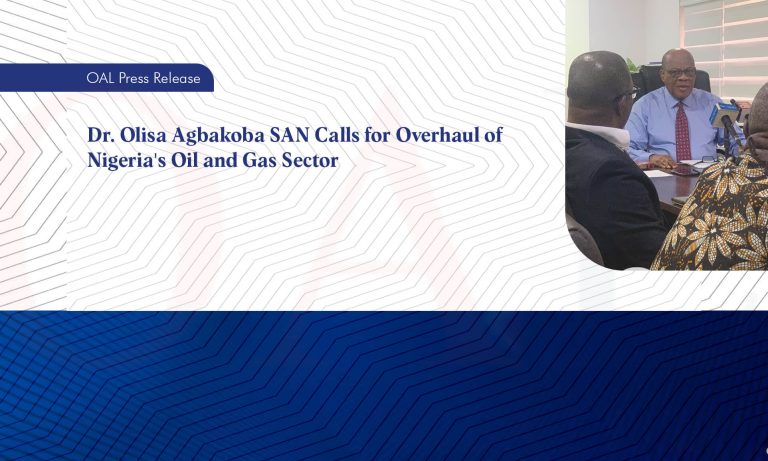

The Admiralty Jurisdiction Act widens the scope of the Federal High Court in relation to the arrest of ships.
This widened scope affects the ship arrest provisions. Under the Act, liabilities binding on a demise charterer are also enforceable by an arrest order. Where a claim is not founded upon a proprietary or possessory interest in the ship, an applicant must ascertain the relevant person at the outset. “If I wish to proceed against a specific person whether for breach of a contractual, tortious or statutory duty, who will I sue?” That individual or corporate body, when identified, is the relevant person.
Therefore, for the purpose of arresting the carrying ship, it must be shown that the relevant person is the beneficial owner of all the shares in the ship or its demise charterer at the time the suit is commenced: M.V. Araz vs LPG Shipping S. 4. (1996) 6 NWLR (PI.457) 720 (CA). Alternatively, a sister ship may be arrested. In this case, the relevant person must be the beneficial owner of all the shares in the sister ship at the time the suit is commenced: M. V. Araz vs N. V. Scheep (1996) 5 NWLR (P. 447) 204 (C.A). The position of a sister ship merits further comment. The expression itself is a misnomer because it is not a statutory requirement under the Act that the sister ship and the carrying ship must be in the same beneficial ownership at the time the suit is brought. A more accurate expression is “surrogate ship” which has been adopted in similar legislation elsewhere.
Also read: Taxation of Shipping Companies
A further point relates to claims by holders of bills of lading in respect of cargo carried in non-demise chartered ships either on a time or voyage basis. It was not covered in the M.V Araz case, which were involved with charter party claims simpliciter. However, there is copious authority to the effect that bills of lading issued under non-demise charters and which has been signed by the master (or charterer as agent of the master) contractually bind the ship owner and not the charterer.
Contractual privity is usually founded on the holder’s position as a consignee or endorsee within the terms of the Merchant Shipping Act, S. 375(1). In such a case, the relevant person for the purposes of a ship arrest is patently the ship owner.
It is submitted that in order to contractually bind the non-demise charterer so as to confer personal status, the bills of lading must have been signed with the authority of, and on behalf of the non-demise charterer. To determine otherwise will not accord with binding precedents. Moreover, it will create an obvious circularity with respect to the arrest of the carrying ship. This will be impossible because the non-demise charterer can manifestly neither be its beneficial owner nor demise charterer.
It is hoped that the appellate Courts will be presented with an early opportunity to pronounce on this point so that aggrieved cargo interests are not wrongly deprived of the pre-judgment security afforded by a ship arrest.
[maxbutton id=”1″ url=”https://oal.law/data/uploads/2023/01/Proper-Basis-for-the-Arrest-of-Ships-1.pdf” text=”Download Article” ]
Authors




